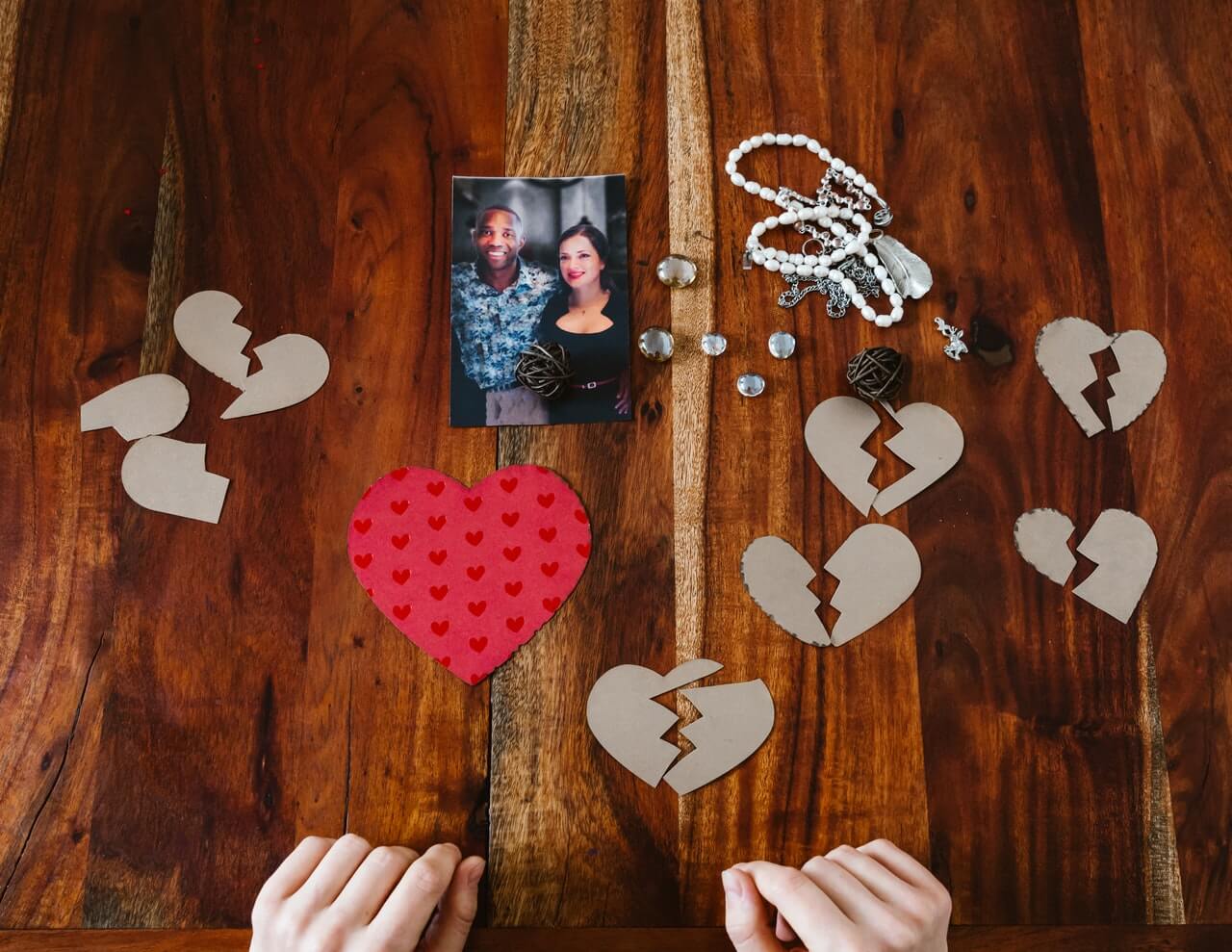Loved ones cut the deepest: Emotional Abuse
It is quite normal for us to shape our reality around those who have influenced our lives, this can be caregivers, friends or romantic relationships. This is where we can get our self-worth and status from and learn how to behave and react, how to connect and what to expect out of others.
The majority of us assume emotional abuse is just yelling, swearing, put-downs and threats. Yes, you are right – but so are criticisms (never good enough), judgements (never do anything right), unrealistic expectations (which you always fail), not showing love when you succeed or do good, not being attentive to your needs (no affection/nurture), stonewall (refusing to communicate/silent treatment), won’t acknowledge your presence, cold or dismissive. Often these additional emotional treatments can hurt more than the verbal abuse.
Learned Behaviours
Let us get deep. These are all learned behaviours and can be developed into coping strategies to protect ourselves. If we were raised in a household with the above is familiar, this for you is considered ‘normal’ because it happened to you, you saw it all time, it was almost like expected responses to your behaviour. So, this ‘mounds and shapes’ your development & teachers you what is safe, who you can trust, what I deserve, ultimately how I should be treated & the romantic partners I look for as an adult. For example, if we were told as a child “it’s not ok to cry” it teaches us to withdraw & disconnect from our own emotions; we now believe that our feelings don’t matter.
If we are told that nothing we did was ever good enough, as an adult it has the potential to develop perfectionism traits and OCD behaviours. As Aussies, this is SO common: what do you think Bruce sayin’ “Don’t worry, She’ll be right” actually tells us? 1. Bury our feelings 2. Denial (survival mechanism) 3. Not safe to talk about our concerns. Now we shut down. Thanks, Bruce…
Unmet Meeds
It’s so interesting that as a whole we may have not realised we experienced some form of childhood trauma, such as emotional abuse. This means that our needs were not met; Physical (affection, touch & cuddles) emotional (ignored, not good enough) or social (isolation & interactions with others).
This emotional volcano can result in adults who are people-pleasing, developing low self-esteem, struggle to recognise our emotions (so you detach), feeling numb, sensitive to rejection or avoiding it altogether by isolating yourself (self-sabotage), feeling empty or even display narcissistic personality traits.
Too far? Now explains why we may treat others the same way we were, it is a ‘learned behaviour’.
What Can We Do?
All is not lost, always remember that all your reactions are normal, you survived the best way your know-how with the skills you developed. To change this pattern is to first recognise it, realising that your adult behaviours are a result of your childhood experiences.
Second, we have to learn kindness and acceptance for who we are. Practice how to be warm & nurturing to yourself, understanding your needs and how to help you feel safe (so you don’t rely on others to make you feel good about yourself). This can be done by learning Emotional Intelligence, self-care and increasing wellbeing.
Third, mindfulness, listen to yourself, relax your mind and learn how to self-soothe. This helps you understand what is going on with your body, where the physical reactions are coming from, why they may be happening.
Finally, self-compassion; you are making the positive change you deserve to break the lifetime of reinforced learned behaviours. This helps you to now be kind gentle and patient with yourself rather than critical or attacking others.
And no, please don’t blame the parents. They were trying their best at the time with the information they had. Holding onto resentment and blame can be exhausting and destructive.
The only way to find a resolution is to work on yourself. If this information is triggering or upsetting for you, so please be brave & speak up. Get help, talk to a therapist like myself or someone you feel respected, implement these strategies and be mindful of your thoughts. Don’t believe everything you think.
Book a Session with Elena
If you like Elena's article you can book a session with her.








